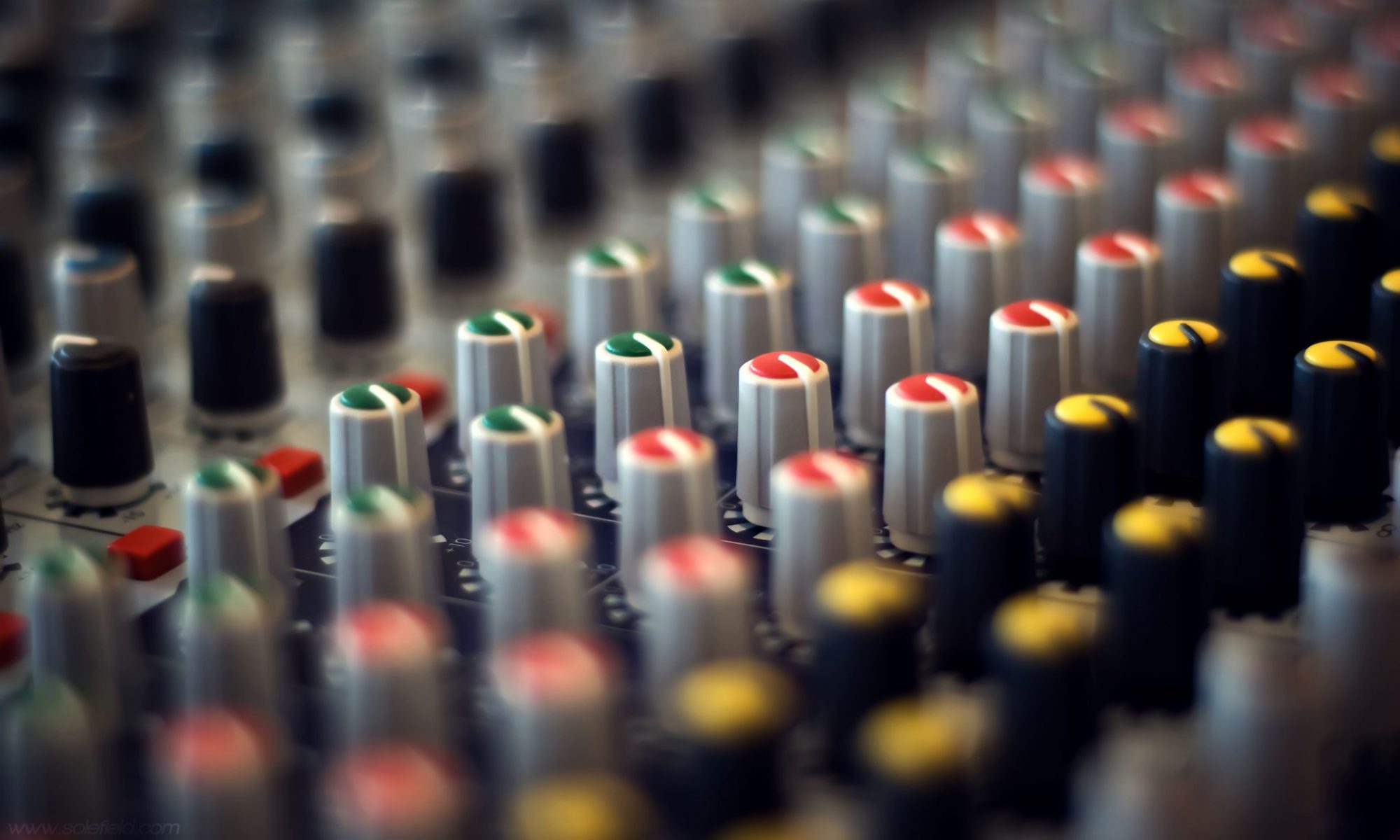Every now and again I catch a webinar or video that catches my eye. Last time it was a discussion in a bar that I found interesting (click here to read that post) but this time, it’s just a straight up mixing discussion that waves put on with Tom Lord Alge (or TLA as he will be called from here on out. Please take the time, if you have the time, to watch the video but what would my blog be without my thoughts and opinions. So below the video I’ve listed my key takeaways and things that stuck out to me. Enjoy!
1. “It’s not about the Gear, it’s about the Ear!” While I can say for certainty that gear sometimes is the issue, they are completely right about this. Good mixing is more about the engineer than the hardware.
2. A cool way to check any midi generated trigger tracks (i.e. drum replacements) is with a ducker that pulls audio from original (acting as a mute rather than opening up), than it’s really easy to know if you missed it because you hear the drum instead of it being muted by the trigger.
3. “Don’t be afraid to experiment….what can happen?” THis is something I find myself doing a lot. Sometimes you just hit a wall trying to fix a problem so I usually step away and come back and try to approach it from a completely different angle. Remember, if you save as often as you should be, experimenting is for the most part risk free!
4. If you’re going to take your mix to the next level…you’re going to have to spend some time chopping and editing your files. This is a given really. Good stuff just takes time. It takes lots of passes. Tweaking plugs can only go so far, editing the source files is necessary a lot of the time.
5. Don’t be afraid to duplicate tracks to create width and stereo effect for your files. This is something I’ll be trying in an upcoming session for sure. I’ve personally never thought of this but just like we said earlier, don’t be afraid to experiment!
6. Especially in the studio, don’t be afraid of additive EQ, this isn’t live. A lot of mixers will do subtractive EQ before compression and additive EQ after dynamics but really anything is game if it makes it better.
7. He talked about finding a workflow that allows you to work both creatively and effectively, your plugin choice should promote that. This should speak to how, in audio production, there is usually multiple paths to a finished product. They may end in slightly different places but both work. Find the way that works for you and stick to it! Be confident in your choices. The beauty of plugins is that everyone can use them differently, if you are peer reviewing, if your customers like your mixes, you can skin that bird any way you like
8. Work until you feel like you need a break. Then come back when you’re ready. Don’t rush the process or ignore what your ears are telling you. If you don’t have a deadline looming over you there is no need to push your ears too hard.
9. With time and creativity, you can fix bad recordings, don’t give up. This really inspired me to not be so caught up with acting defeated because of something in my source. Our job as engineers is to actually “engineer” (or develop) a solution.
10. “Trust your gut.” Live and die by your mix decisions (in doing that you create your signature sound). Mix everyday, hang around musicians, learn the craft. Put in the time and the skills will come naturally. Basically he is saying to just keep grinding. Don’t give up.
Let me know if you guys like these kinds of posts in the comments below. I love watching this kind of stuff and being inspired a bit. Do you guys like them?
